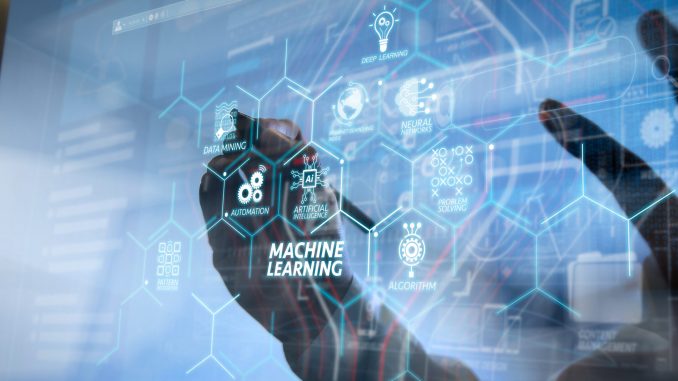
One of the best things about digital marketing is that it’s often at the forefront of the latest online technologies. It doesn’t get any more cutting-edge at the moment than machine learning, and it’s not only large companies that have already started to take advantage. As far back as 2018, a veritable eternity in the world of online marketing, over 80% of marketing organizations reported the deployment or growth of their AI and machine learning efforts.
With machine learning tools becoming more affordable and easy to use, machine learning appears set to be the next step in harnessing data and taking marketing efforts to a whole new level. Here are five ways in which this technology can make any marketing plan more effective.
1. Signpost the Purchasing Journey for Individual Customers
Personalization is considered a crucial component of virtually every aspect of marketing. There’s always speculation that it’s old hat, but that speculation often involves the most basic efforts, such as including someone’s name in a promotional email. However, machine learning enables much more.
Perhaps the most significant advantage machine learning can provide is personalizing the entire sales funnel. From emails to website visitors and those that see your ads to anyone that fills in a form, technology ensures you can display content that matters to them.
2. Insight Into What Products to Promote Next
Artificial intelligence can help with product marketing as it provides valuable information about what people want to buy from you based on their activities. This is the same kind of data that can take hours or work or a lot of luck to uncover manually. From monitoring chatbots to tracking ads and links, this technology can provide genuine reasons to promote specific products while informing marketers on the best way to do so.
3. Greater Opportunities from Split Testing
Split testing has formed a cornerstone of digital marketing since the beginning. From merely trying two different images in online ads to sending audiences to two vastly different landing pages, it has proven a relatively slow but effective means of determining exactly what an audience wants.
The key here is speed. With machine learning, marketers can quickly deploy the same split testing campaigns but understand the results immediately. Furthermore, when configured correctly, the adjustment phase ends up being completely hands-off. Your AI setup will tweak copy, ads, and everything else in the marketing process based on performance and continue to report in on what’s working best.
4. Remove Guesswork from Marketing Campaigns
As the likes of split testing and cold outreach would suggest, marketing is rarely an exact science. Many new campaigns involve educated guesses based on past experience, other profiles, and other factors that are not always precise in their usefulness.
A robust machine learning mechanism can take care of everything from the best advertising channel for a specific audience to deciding on how much ad inventory is required to meet specific sales targets.
Your own machine learning efforts will also interact favorably with other aspects of the campaign too. For example, Google’s Smart Bidding system relies on machine learning, as do many prominent AI content creation tools currently available to marketing teams.
5. Lead Scoring to Better Understand Audiences
Whether the primary function of a given marketing campaign involves raising awareness, building a brand, or any other form of audience engagement, it often all comes down to the return on investment. Lead scoring is all about working out how likely a potential lead is to turn into a customer, and it can quickly become one of the most resource-intensive parts of the marketing plan.
Machine learning helps immeasurably, as it not only reduces the labor requirements but often assigns the most accurate possible scores to each lead in the database. That greater accuracy means less wasted effort and greatly improved chances of conversion.
Wrapping Up
Artificial intelligence and machine learning will change many industries in the coming years, and marketing is no exception. Fortunately, it’s not an industry in danger of being taken over by computers any time soon. Instead, the perks of the new technologies mean less time spent on sieving through data and guessing at what your audience wants and more spent on achieving data-driven results.

Leave a Reply